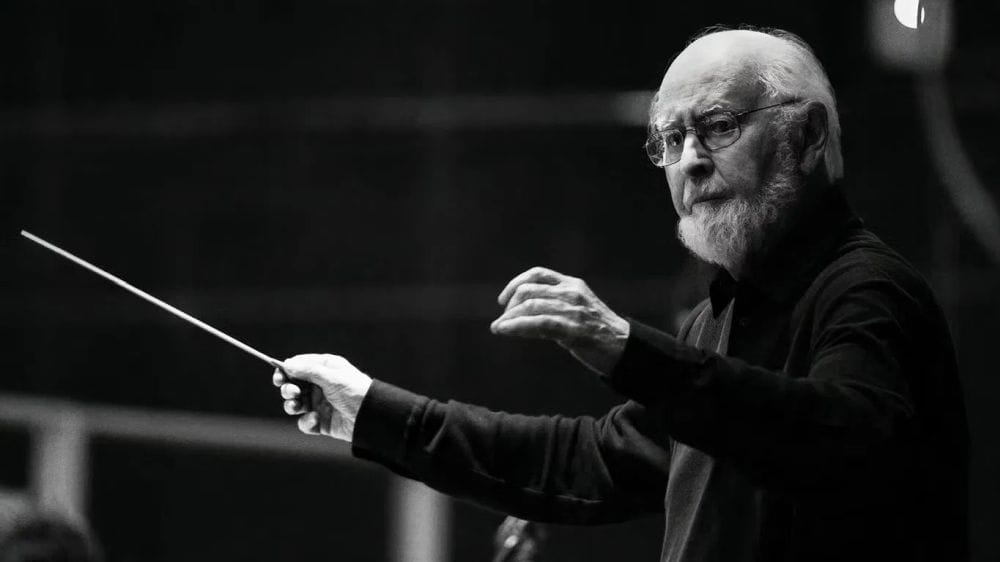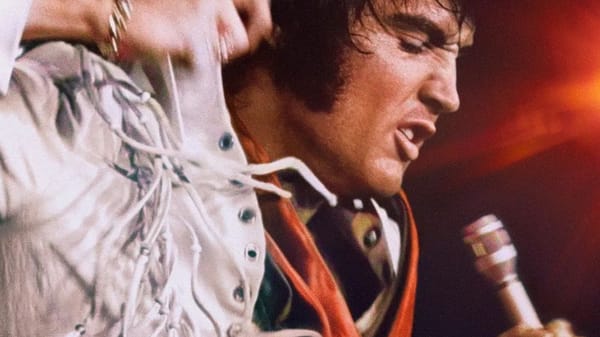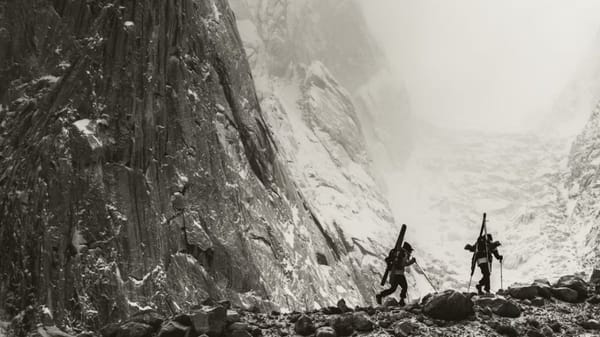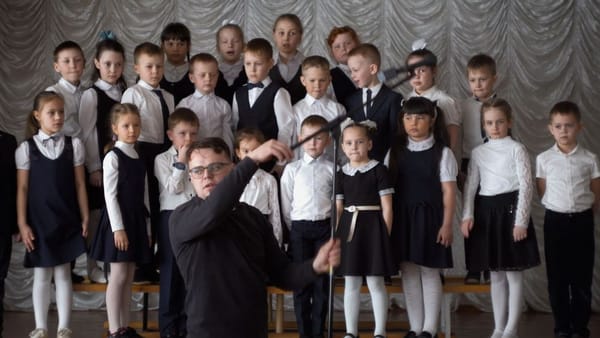Music by John Williams (dir. Laurent Bouzereau)

Nobody needs me to sit here and talk about John Williams. We all know who he is and what he has achieved. He is that rare sort of below-the-line film technician that even casual filmgoers recognise not just the work of but his name, too. A symbol of an era of cinema that doesn't really exist anymore. I'm sitting here writing this while listening to his music. He's gone platinum more times than many pop and rock stars. This is all stuff that Music by John Williams knows very well. And knows that we know it very well. And yet spends most of its runtime telling it all to us again. Which, sure, okay, fine. This documentary by Laurent Bouzereau (who's known for his films about movies and moviestars; this past year he has also had Jaws @ 50 and Faye and his best work is probably the Five Came Back miniseries) is squarely aimed at viewers to press play on and half-watch probably while they look up all the movies on Wikipedia and wonder which one they'll watch once the credits rolled and they've done all the chores they've been doing while it played on the telly.
Music by John Williams lingers on those famous scores and less so on the rest. There’s your Jaws and your Star Wars. There’s your Superman and your Schindler’s List. It’s all quite lovely and at times it really does become a film about Williams and Steven Spielberg's working relationship, like lovers who can compete each other’s sentences.—now there may have been a genuinely novel take I hadn't have considered! The two are very cute together, with Steven 'crashing' Bouzereau's interview with Williams in the latter's home. As we see, Williams' career has been blessed and is one of seemingly very little conflict or adversity. Even the one such bump in the road, a "artistic differences" dispute with the Boston Pops, is more or less forgiven and forgotten in less time than one of Williams' themes takes to worm its way into the listener's brain (and that's fast).
There are a lot of cute anecdotes, not many of which we get to really dig into. Which is probably only natural. The film is 105 minutes long and he has more credits than minutes on runtime. There was never going to be much time to devote to something like, oh I don't know, The Towering Inferno or Black Sunday or Images (despite one short reference to it as the temp-track for Jaws, there's not a single Robert Altman story which seems unbelievable). But we’ve heard a lot of the stories about the big stuff already, so it's hard not to wish for something a little bit deeper from time to time on something that has been less discussed through history. There are some moments that hint at something a bit more far-ranging like Williams playing a moment of the score to Sabrina (how lovely, but too brief; is it a personal favourite?), or Thomas Hooten explaining the thrill of hearing his trumpets in the Jurassic Park theme (what do his musical collaborators think?), or the diversions into his jazz-fused symphony works and how he conducts. But there simply aren't enough of them. At times, the film sort of just becomes a clip show of movies with music by John Williams rather than, as it ought to be as the title suggests, really about the music by John Williams.
The reasoning for why Chris Martin of Coldplay is a featured talking head is a real stretch. I don't know if we ever learn why Seth McFarlane is there. And I know Kate Capshaw was probably lurking around the set, but her appearance only further gives Bouzereau's film the vibe of just a bunch of people in the same friendship circle all coming together rather than a genuine exploration of John Williams' life and career. Do they only discuss Far and Away because Ron Howard lives around the corner? The film's approach to storytelling causes awkward moments, too, like jumping from Saving Private Ryan to Home Alone, or the very brisk transition from the death of his wife to, well, anything else.
But it does all work as a tribute to Williams and it's no doubt impossible to come away from Music by John Williams without appreciating the masterful talent that he has. And to be thankful that we have been gifted those talents in so many movies that will live forever. Whether Williams himself doesn't want to interrogate his artistic process, or the filmmakers didn't particularly care to is something that lingered with me as the credits role. Whatever the answer actually is, that doesn't really matter. Because while what we have is nice, it just seems like a missed opportunity that we will never get again (Williams is 93, albeit a remarkably spry 93) to get inside the mind, instead of just the archive box, of one of cinema's greatest and most masterful creatives.
If you would like to support documentary and non-fiction film criticism, please consider donating by clicking the above link. Any help allows me to continue to do this, supports independent writing that is free of Artificial Intelligence, and is done purely for the love of it.



